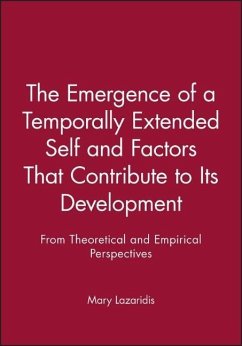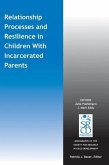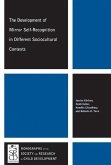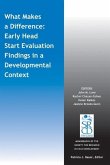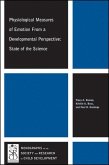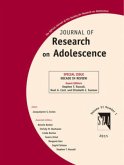The validity of the Delayed Self-Recognition (DSR) test was verified by comparing the performance of 57 children on the DSR test to their performance on a meta-representational task (modified false belief task) and to a task that was essentially the same as the DSR test but was specifi cally designed to rely on the capacity to entertain secondary representations (i.e., surprise body task). Longitudinal testing of the children showed that at the mental age (MA) of 2.5 years they failed the DSR test, despite training them to understand the intended functions of the medium used in the DSR test; whereas, with training, children at the MA of 3.0 and 3.5 years exhibited DSR. Children at the MA of 4 years exhibited DSR without any training. Finally, results suggest that children's meta-representational ability was the only factor that contributed to the prediction of successful performance on the DSR test, and thus to the emergence of the temporally extended self (TES). Furthermore, prospective longitudinal data revealed that caregiver conversational style was the only factor that contributed to the prediction of level of training required to pass the DSR test. That is, children of low-elaborative caregivers required signifi cantly more training to pass the DSR test than children of high-elaborative caregivers, indicating that children who received more elaborative conversational input from their caregivers had a more advanced understanding of their TES.

